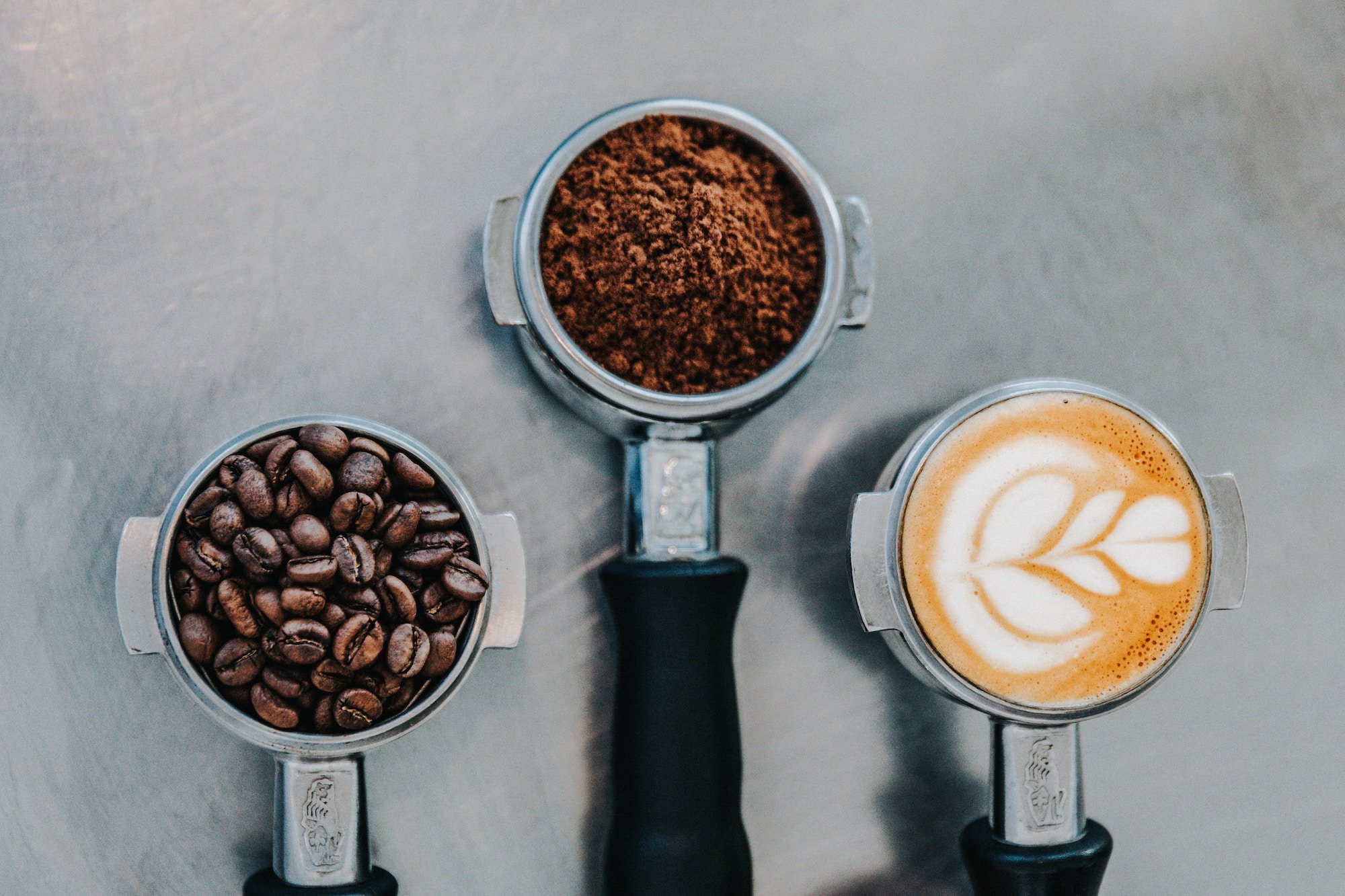Is drinking coffee good for your health?
The Good:
There is evidence that drinking coffee is safe as long as not taken to excess. It has been associated with longer survival and a lower risk of diabetes and Parkinson's disease.
In a recent study, coffee intake was associated with more physical activity - about 1,000 more steps daily as recorded on a Fitbit.
Like tea and decaffeinated coffee, caffeinated coffee contains hundreds of biologically active chemicals, including polyphenols, which may be of benefit. The fact that these beverages are so complex makes it hard to determine how much of coffee's effects are due to caffeine.
Despite widespread belief to the contrary, studies suggest that moderate coffee intake does not cause dehydration. Chronic coffee intake also seems to have little effect on blood pressure.
The Bad:
High intake can lead to anxiety and restlessness. Regular users often go through a withdrawal period when they discontinue use. Headaches and fatigue are among the symptoms.
In a recent study, coffee intake was associated with 30 minutes less sleep and coffee drinkers also had more pvc's, a type of extra beat. Slow metabolizers will feel its effects for hours and may have trouble sleeping after a cup with dinner. You likely have an idea of how quickly you metabolize caffeine.
General facts:
Caffeine is absorbed very quickly, but how people respond to it varies greatly. The caffeine content of caffeinated beverages also ranges. An 8 oz drip coffee typically has 90 to 190 mg of caffeine, a single shot of espresso is near the lower end of that range, and sodas typically about 35 mg. Black and green tea also has about 35 mg of caffeine and herbal teas have none. Energy drinks and particularly energy shots may have more and are often packed with sugar. Some of the flavored coffee shop drinks are also loaded with sugar, unfortunately.
The FDA recommended limit for caffeine for most people is 400 mg daily, about 2 to 4 cups a day, depending on the strength. The recommended limits for pregnant women are stricter, and pregnant women should review this with their physicians if they wish to continue drinking caffeinated beverages.
How you prepare your coffee makes a difference:
Paper filtering of coffee removes cafestol, a chemical that raises LDL, the bad cholesterol, slightly. French press coffee and espresso contain that cholesterol raising substance, a potentially negative effect of those versions.
As always, questions about coffee intake should be addressed to your doctor.

